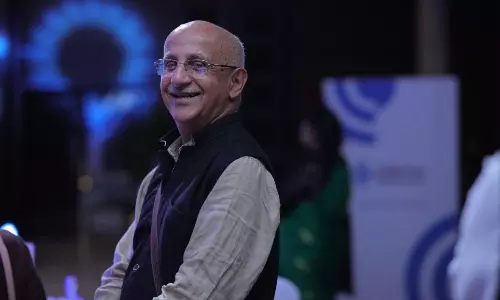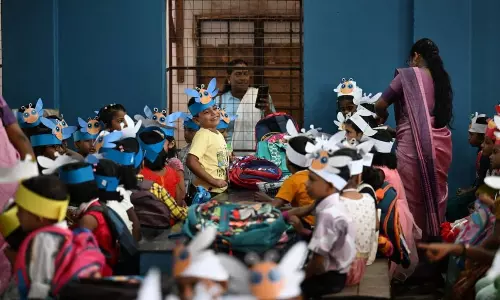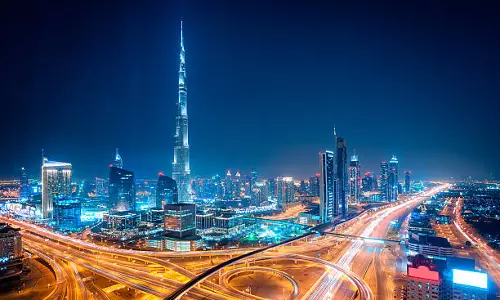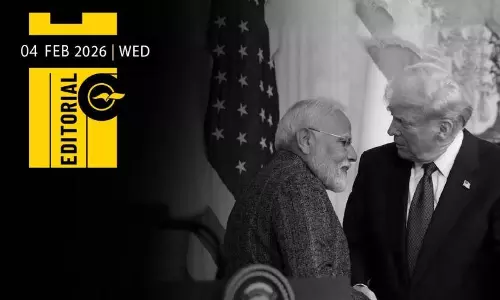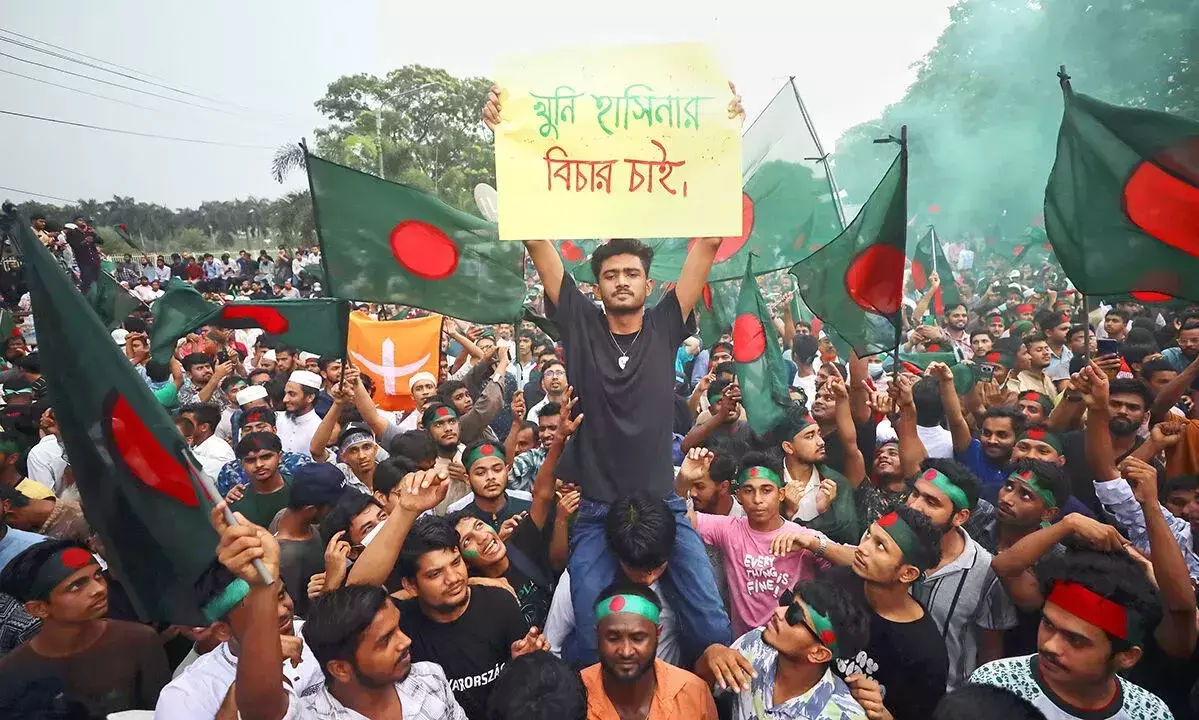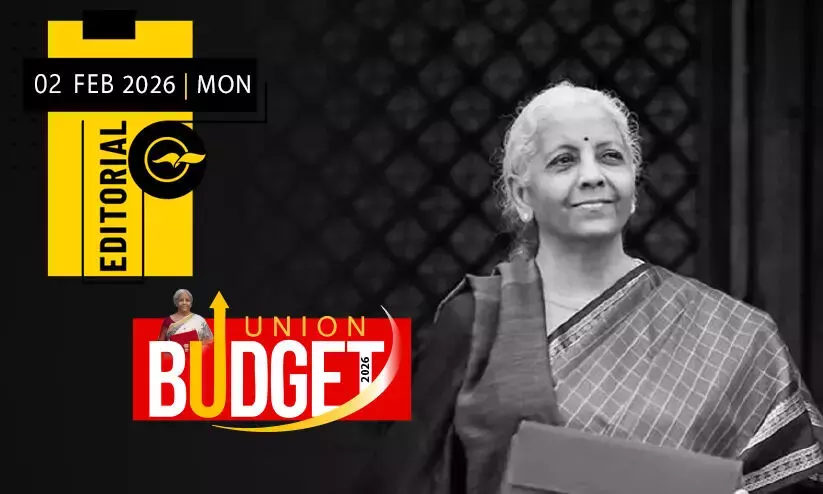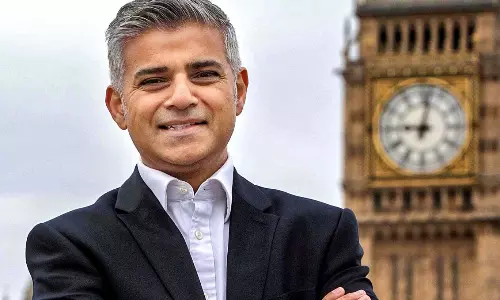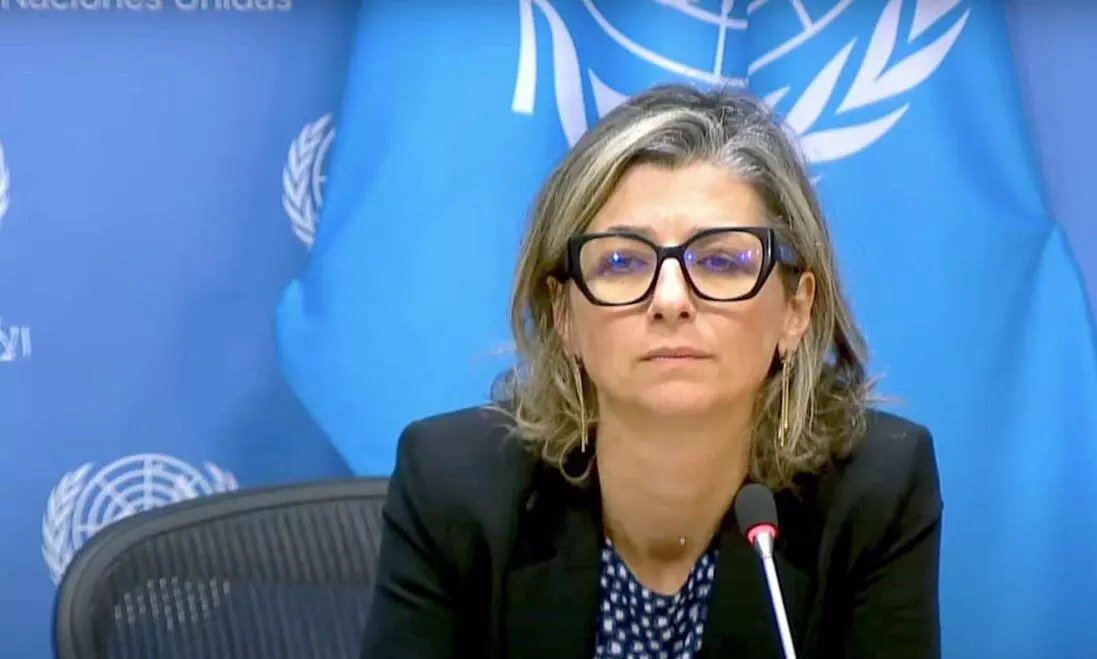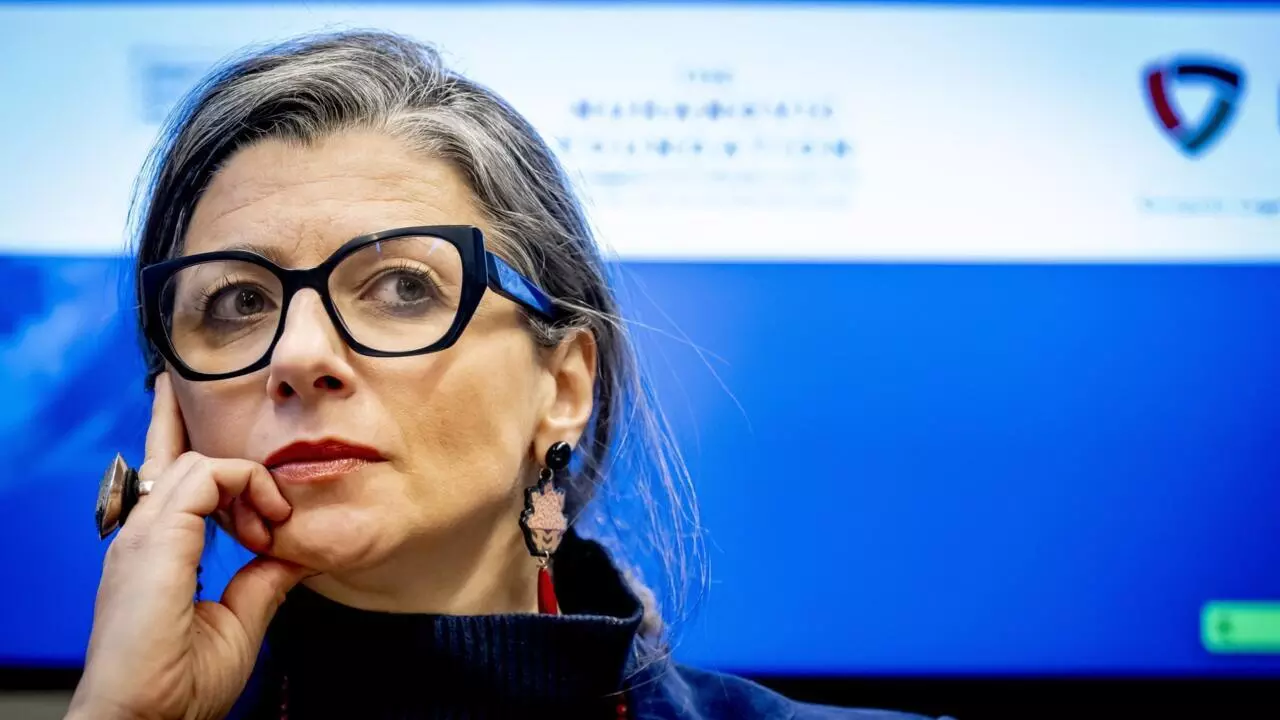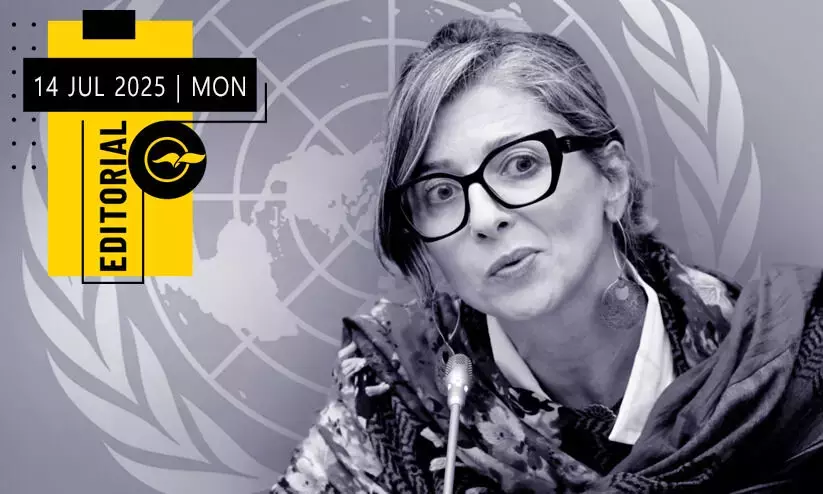
Francesca Albanese deserves the Nobel Peace Prize — not sanctions
text_fieldsIn a world where war criminals walk red carpets and truth-tellers are blacklisted, it should come as no surprise that the United Nations’ Special Rapporteur on the occupied Palestinian territories, Francesca Albanese, is being sanctioned by the United States for doing her job too well.
Albanese is not a radical. She is a legal scholar. A meticulous jurist. A principled voice who has chosen to confront the most entrenched impunity of our time—Israel’s decades-long occupation and its recent genocidal war on Gaza. For this, Washington has banned her entry, frozen her assets, and smeared her character. Meanwhile, Israel’s Prime Minister Benjamin Netanyahu—currently under ICC investigation for war crimes—had the audacity to nominate Donald Trump for the Nobel Peace Prize.
At a time when the world is struggling to uphold even the most basic norms of humanity, the case of Francesca Albanese forces us to confront an uncomfortable truth: in today’s global order, speaking the truth about power is a punishable offence.
Francesca Albanese is the first woman ever appointed to this role. Her mandate is clear: to investigate and report on violations of international law in one of the most scrutinized and politically sensitive regions in the world. Since her appointment in 2022, she has fulfilled this task with a level of moral clarity, legal rigor, and fearless conviction that has shaken the conscience of the global South—and rattled the impunity of the global North.
For this, she has been sanctioned by the United States!
Albanese’s 'crime' was authoring two deeply researched and widely cited UN reports—“Anatomy of a Genocide” and “Genocide as Colonial Erasure”—which conclude that Israel’s war on Gaza constitutes a textbook case of genocide. Her findings are not based on polemic. They are grounded in the Genocide Convention, decades of international jurisprudence, and the visible reality of Gaza’s destruction: entire families wiped out, neighborhoods flattened, children starved, and civilians gunned down while queuing for food. These are not isolated incidents; they are the predictable, systematic outcomes of a state project rooted in settler colonialism and the erasure of Palestinian existence.
In response to these reports, U.S. Secretary of State Marco Rubio accused Albanese of 'spewing antisemitism' and supporting terrorism—without offering a shred of evidence. He announced sanctions that bar her from entering the United States and freeze any assets she may hold there. These measures were taken just days after Albanese participated in a major international effort—the Bogotá conference of the Hague Group, involving 30 nations—to implement the International Court of Justice’s ruling that Israel’s occupation is illegal and must end. Rather than supporting the rule of law, the United States chose to punish one of its most principled defenders.
Let us be clear: Francesca Albanese is not a fringe activist. She is a legal scholar of the highest calibre, an Italian jurist with a background in international human rights and refugee law. Her reports are not anti-Israel; they are anti-impunity. She has called for accountability—whether through arms embargoes, investigations under universal jurisdiction, or support for the International Criminal Court. These are not radical demands. They are legal obligations.
The real reason Albanese is being targeted is simple: she refuses to play the game of selective justice. She has challenged not only Israeli violations but also Western complicity—naming U.S., Canadian, and European corporations profiting from the war economy in Gaza. Her recent report, “From Economy of Occupation to Economy of Genocide”, names 48 companies, including Microsoft, Amazon, and Lockheed Martin, as complicit in enabling or profiting from Israel’s atrocities. She exposed how technologies like predictive policing AI and biometric surveillance are being used to erase Palestinian civilian status altogether.
This is the context in which Albanese has been nominated for the Nobel Peace Prize—not just by human rights advocates, but by institutions with moral authority. Tunisia’s National Dialogue Quartet—winners of the 2015 Nobel Peace Prize themselves—submitted her nomination, calling her work “a human cry against collective punishment and impunity.” Canada's NDP formally announced their intent to nominate her, stating that she has shown “true courage and conviction in the face of genocide.” Scholars, legal experts, and civil society leaders from Serbia to South Africa have joined this chorus.
In contrast, Israeli Prime Minister Benjamin Netanyahu—currently facing an ICC arrest warrant—nominated Donald Trump for the Nobel Peace Prize. A man indicted for crimes against democracy is endorsing another under investigation for war crimes. That surreal nomination tells us everything about the political theater the prize has sometimes become. Albanese’s nomination is the antidote.
The real stakes here are not only about Francesca Albanese, but about the future of international law itself. If a UN official can be sanctioned for performing her duties with integrity, then the entire system of human rights monitoring is under threat. As Albanese herself said at the Bogotá summit, “These attacks are not about me personally. They are a warning to everyone who dares defend international justice and freedom.”
This warning should resonate in the Global South. In places like Kerala, where memories of colonialism remain vivid and solidarity with oppressed peoples has deep historical roots, the campaign against Albanese is more than a geopolitical episode—it is a moral test. Do we stand with the architects of injustice or those who seek to dismantle it with courage, truth, and legal accountability?
The Nobel Peace Prize has, in the past, honored figures like Desmond Tutu and Malala Yousafzai—individuals who refused to stay silent in the face of structural violence. Francesca Albanese belongs in that lineage. She is not perfect, nor does she claim to be. But in this era of doublespeak and denial, she has emerged as one of the clearest voices for justice.
In this moment of moral collapse, Francesca Albanese reminds us what accountability, courage, and international law were supposed to mean. She deserves the Nobel Peace Prize—not as a symbol, but as a standard. A signal that truth still matters. That law still matters. That Palestinian lives still matter.
If the international community cannot protect the innocent, the very least it can do is honour those who try.
To honour her is not merely to recognise one person’s bravery. It is to affirm the very principles—of legality, equality, and conscience—that the world so desperately needs to restore.
In these dark times, when Gaza is left in ruins and international institutions are gasping for credibility, Francesca Albanese is a light. The Nobel Committee should take note. And so should we.
(Faisal Kutty is a Toronto-based lawyer and regular contributor to The Toronto Star. His articles also appear in Newsweek, Aljazeera, Zeteo, and Middle East Eye. You can follow him on X @faisalkutty)




